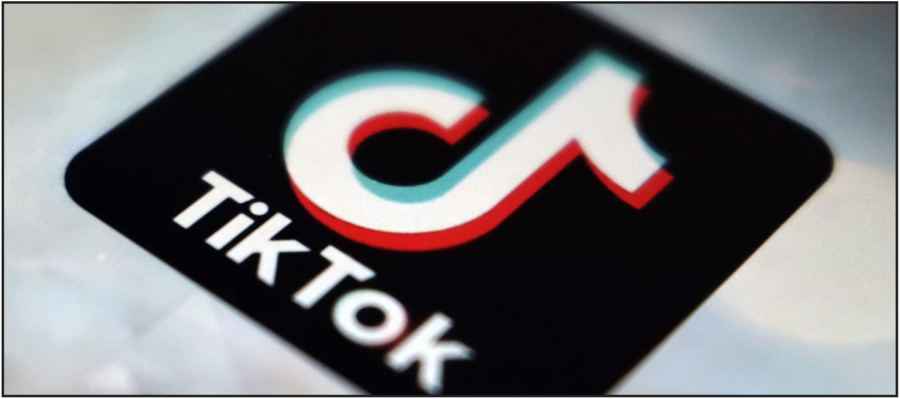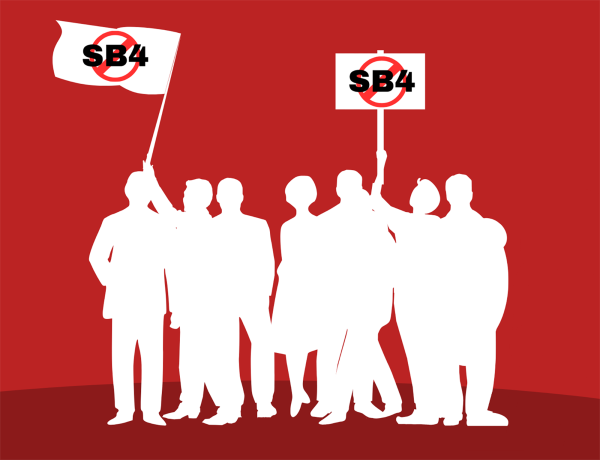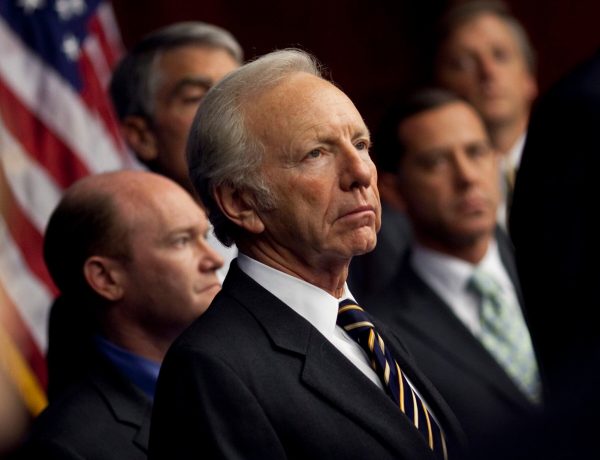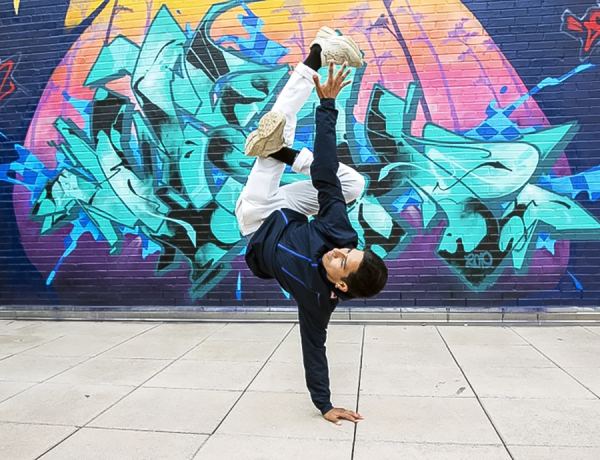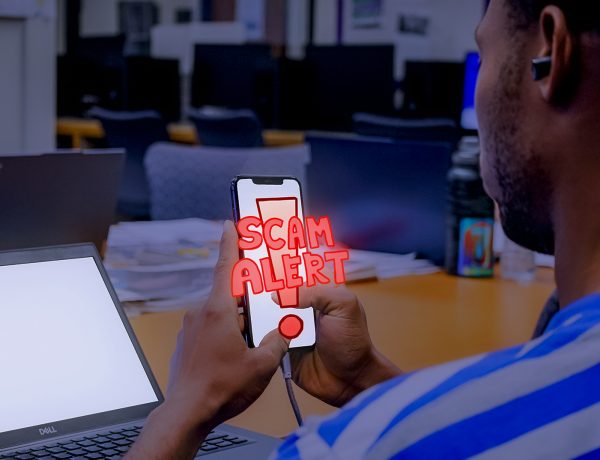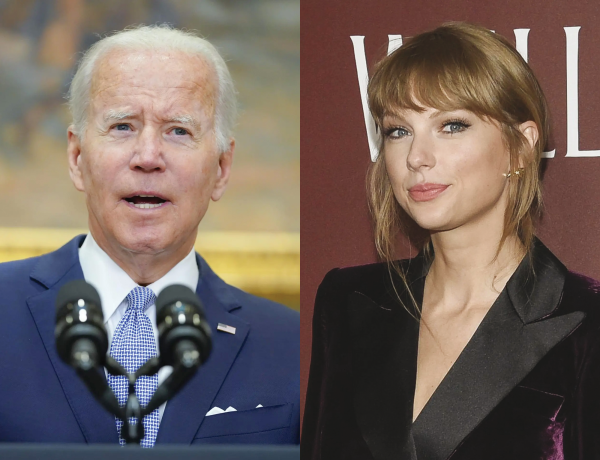Streaming basics: TikTok, IRL and beyond
April 27, 2023
The global pandemic of 2020 made streaming even more popular than it already was for large numbers of people and organizations. While many people were stuck at home, YouTube and Twitch channels blew up. Here’s a basic guide to streaming.
What is TikTok and how does it work?
TikTok is a Chinese short form video app people can use to watch and upload or stream content related to their interests. It’s used for professional and entertainment purposes This website got popular with short-form videos of less than 3 minutes in length.
Can you make a living off of streaming and content creation?
Yes, you can. It takes a long time and dedication, though. Don’t quit your degree, but keep uploading while in college. Videos are enabled to make ad revenue on Twitch and YouTube once a channel reaches one thousand subscribers.
What is IRL streaming? How does it work? What are the dangers related to this to be aware of?
IRL streaming simply means streaming in real life. Content creators will take a video and hit the record button on their device, and they can go live to the video’s chatroom. This is a great way to interact with chat, but it poses dangers such as stream sniping as well as stream stalking.
What is stream sniping and stream stalking? They sound dangerous.
Many people want 15 minutes of fame with online video content. It’s the process of getting the streamers real life location to go into the video. It can be harmless at times. Stream stalking takes this to the next level by allowing fans to stalk their streamer based on their real-life location.
What are ‘Let’s Plays’? I hear that a lot.
It’s a video series based around video games to which the streamer and chat play through a video game live or the streamer uploads a prerecorded and edited video of them playing.
What are super chats and Patreon? I hear that term a lot.
Super chats is a donation system that YouTube has. Twitch has a bits system and Twitch Prime. These allow you to fund your favorite streamer through donations, which they read out on screen. Patreon is a backer system for them to put out content. Their fans help pay for it long term, since monetization don’t always happen.
Do the FCC’s radio and television rules apply to streaming?
Kind of. YouTube is leaning toward the no provocative route for more ad friendly content. That means no adult content or swearing. Swearing can sometimes be allowed but it’s all situational.

